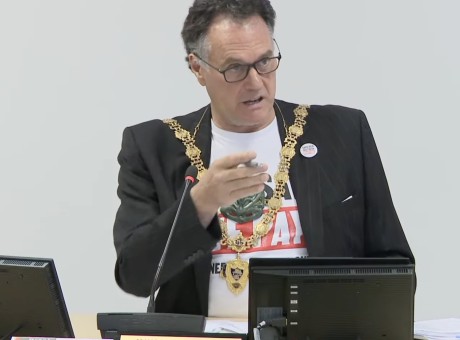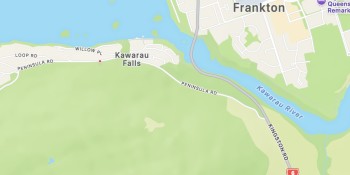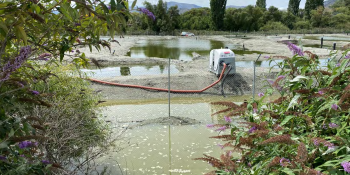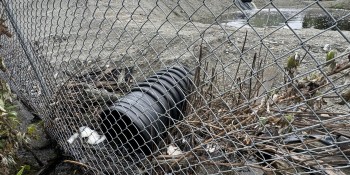$14m boost for University of Otago's world-leading studies
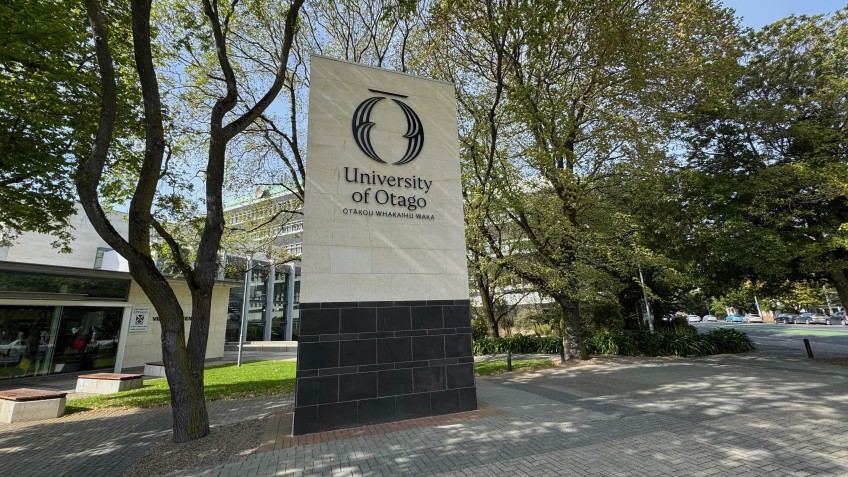
The Government will provide a $14 million-boost to two prominent University of Otago – Ōtākou Whakaihu Waka birth cohort studies.
The Otago Lifecourse Study Programme is a new infrastructure platform which will protect and support the Dunedin Multidisciplinary Health and Development Study (the Dunedin Study) and the Christchurch Health and Development Study.
These internationally renowned studies have been running for more than half a century, collectively publishing about 2,000 reports that have informed policies worldwide, including in early childhood education, reducing poverty, and injury prevention.
The programme was recently granted about $2 million a year over seven years by the Ministry of Business, Innovation and Employment-administered Strategic Science Investment Fund.
The fund supports strategic investment in scientific infrastructure. Otago’s funding recognises that the work of both studies has resulted in long-term health, economic, and societal benefits in Aotearoa New Zealand.
Christchurch Study Director, Associate Professor James Foulds says it also acknowledges the importance of the studies and the need to support them to continue to produce world-class science on a wide range of topics.
“The Study members, their families and our local communities have committed their time, trust and data to these studies for decades. This funding is a recognition of that contribution and will allow us to make the most of the information that has been gifted to us,” Associate Professor Foulds says.
“It will bring the two studies closer and will ensure they remain seen as leaders in life-course research internationally.”
The Otago Lifecourse Study Programme is a set of processes and systems designed to protect the valuable data gathered by the studies over several decades, like a national park that is filled with rich and diverse treasures that are nurtured to be enjoyed by future generations.
Dunedin Study Director, Research Professor Moana Theodore echoes Associate Professor Foulds’ sentiments.
“In Aotearoa we have a track record of conducting longitudinal science that is world-class,” she says.
“This funding shows that the government recognises the need to provide critical long-term infrastructure to protect these studies into the future. It also recognises the key role that Otago plays in supporting and growing longitudinal research and researchers.
“The information that our studies provide is important for national and international policy and practice. Findings can then be used to inform a lifecourse approach to social investment that improves the lives of people in Aotearoa. Importantly, we are now focused on gathering data on a national and global priority, the aging population.”
Professor Theodore says the members of the studies are the “true heroes”.
“Without them and their invaluable, decades-long contribution none of our research would be possible.”
The Dunedin Study is New Zealand’s longest-running longitudinal study and is considered the world’s most detailed study of human health and development. It follows the lives of 1,037 babies born in Dunedin between April 1, 1972 and March 31, 1973.
The Christchurch study follows the health, education and life progress of 1,265 babies born in the Christchurch urban region in mid-1977.
“These two studies have a long history of providing critical inputs into social policy both in New Zealand and overseas," MBIE strategic investments manager Trevor Drage says.
"Government investment in longitudinal studies will enable broader public benefits, including input into social policies that aim to improve the lives and livelihoods of New Zealanders. Stable infrastructure funding will also provide continuity, ensure study data is collected, stored and shared efficiently and enable a strategic approach to these activities.”
Main image: The University of Otago has secured funding over seven years for two studies.






